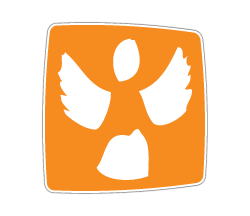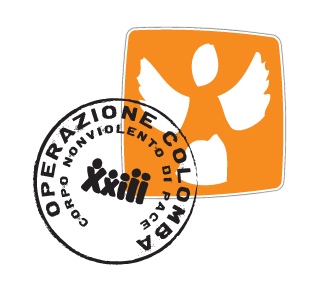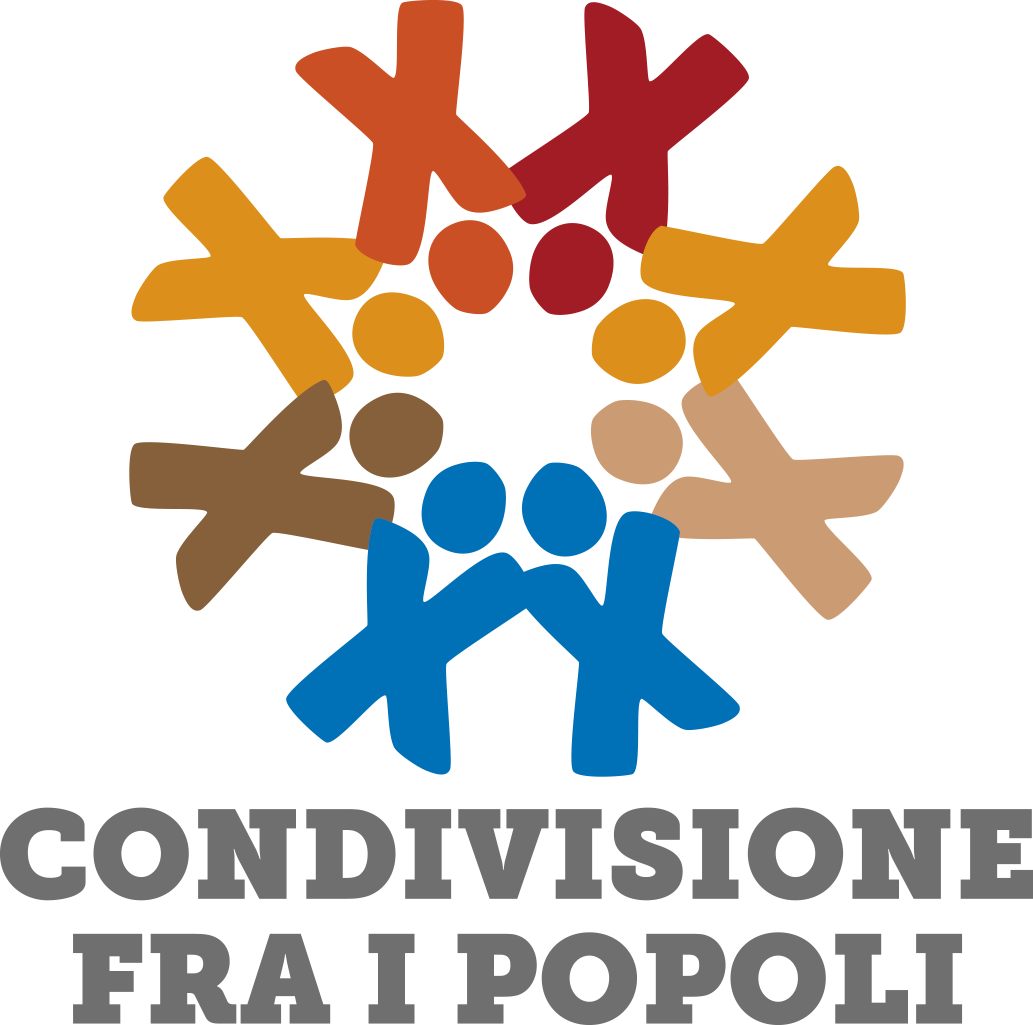I am grateful for the moment of “grace” in which the veils of prejudices, judgments and misunderstanding over the persons are lifted up and they show parts of the latter that were unknown and concealed until that moment.
This has happened with her.
The veil has been lifted up thanks to a dinner invitation, a little bit unexpected and taken from my side with some malice for a sort of facade. This is how we get to know H., a woman who looks after four children (the fifth one is already married although she is a minor) and who saw the Syrian soldiers taking her husband away; she remained alone, displaced among the displaced ones from Homs.
Her son, the only “man” of the family, tells us that, when he was seven years old, he entered his aunt’s house and found everyone dead.
His sister, who at that time was a bit older than him, tells us that she walked over many dead bodies after a bombing, while they were fleeing from the umpteenth shelter they had found. Few meters far, the son saw a rocket falling over a pregnant woman with a stroller who literally exploded in front of his eyes… the child in her womb died immediately after.
H. tells us that these memories torment her son to the point that he has to take medicines in order to lead a partially quiet life.
He is carrying out some maintenance works in the refugee camp and sport activities with the kids, while his older sister teaches in the camp school for some hours a week.
Before reaching Lebanon, they left at least seven shelters, maybe more as I did not keep count during her telling.
During the last two years, H. told me many times that she would not return to Syria and that she is fine staying in the camp.
I always judged her steadfastness since I am used to hear from the people here stories of strong nostalgia for their homeland and to talk with persons like Sheikh Abdo who have been committed to returning home for years.
Then the veil has been lifted up and, by feeling an empathy with no filter and judgment, I listened to the story of H. and her family. Maybe what we heard is just a piece over a million of stories they could have told us.
With all this suffering, and even if it would be lesser than that, how can I judge the statement “I like my life in the refugee camp”?
Every person is different and reacts differently to what happened, to the pain and the bereavement. The tools are different and the path chosen, for example, by Sheikh Abdo is an uphill road, after just as many sufferings, that not everyone is able to undertake.
I am glad I could listen to her just the way she really wants to talk about herself.
Cip



 OPERAZIONE COLOMBA
OPERAZIONE COLOMBA
